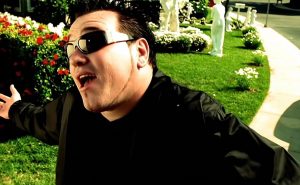Nose hair filters the air that we inhale and also protects us from airborne bacteria, viruses, and pathogens. Our nose hair is biologically called vibrissae and it offers protection against infectious germs that goes back more than a century. In 1986 an English doctor stated that the interior of normal nasal cavities is perfectly sterile.
Also Read: 5 yoga asanas to prevent hairloss and greying
Along with this the vestibules of the nostrils, the nose hair lining them, and the crust which is formed there are full of bacteria. This shows the fact that nose hair acts as a filter and a huge number of microbes get trapped in the moist meshes of the hair which fringes the vestibule. But does that mean trimming your nose hair can make it easier for the germs to penetrate deeper into the respiratory tract? In 2011 the density of nose hair was studied carefully as a possible correlate of disease. A study of 233 patients was broadcast in the International Archives of Allergy and Immunology. They found that people with denser nose hair were less likely to have asthma. The researchers have assigned this finding to the filtration function of nose hair.
Also Read: Is green tea safe for children? All you need to know
The study was experimental and asthma is not an infection. No studies were done to assess how trimming the nose hair can affect the risk of asthma or infection. In 2015 the doctors conducted a study to look after the effects of trimming nose hair and found that trimming led to improvements in both subjective and objective measures of nasal airflow. Improvement was seen in the most of people who had the maximum nose hair, to begin with.






